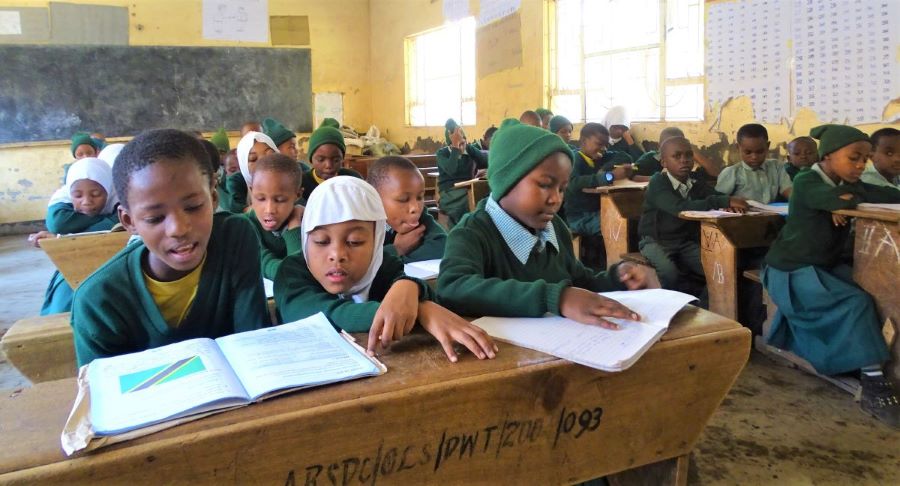Dyslexia: The latest learning plight hounding children in schools which has just come to light
Dyslexia may not be a new vocabulary, but in Tanzania this seems to be the latest phenomenon currently haunting many children both at homes and in schools.
May be it has always been around, but it is only this year that, this learning plight is coming up for mention in the country’s education circles.
It has just been discovered that many of Tanzanian children suffer from a strange learning disorder which could be inhibiting early childhood education development in the country.
Dr Paschal Kang’iria is a psychologist in Tanzania who explains that Dyslexia for children starts right in the womb, though it may take a while before the condition gets detected; usually it is after they start school.
“This is a learning difficulty which affects the skills involved in accurate and fluent word reading and spelling,” he says.
Experts describe dyslexia as difficulties in phonological awareness, verbal memory and verbal processing speed.
Other countries, especially developed ones even have their National Dyslexia awareness days.

In order to make the condition also known here, a number of teachers interviewed say it is important for Tanzania to have a national day or week dedicated to Dyslexia to help bring attention to this condition of learning difficulties.
Lawrence Daudi a resident of Kilimanjaro admit that Dyslexia is a new thing to him and may not remain in his memory especially because there is no Kiswahili word for the condition.
The condition remains unknown to many despite affecting a considerable number of people in the country.
When contacted about the issue, the Acting Regional Medical Officer Dr Edna Chonge Ntulwe, admitted that many children are born with Dyslexia, a plight which primarily affects the skills involved in accurate and fluent word reading and spelling.
Except in Tanzania it either goes unnoticed or ignored, much to the disadvantage of the affected children and, or their parents.
“Children with dyslexia are usually dismissed as slow learners, a stigma which further adds to their predicament, affecting the youngsters psychologically. But in reality these are children who prefer to learn differently,” Dr Ntulwe explains.
The Medical Officer advised that parents, teachers and guardians should take note of youngsters with such learning constraints and offer them special attention at home or in class during lessons.
“Children with Dyslexia are not slow learners, they simply chose to learn things and lessons differently,” the Medical officer observes.
Apparently, Dyslexia occurs across a wide range of intellectual abilities.
“It is wrong to punish a child who fails to grasp a certain topic in class at the same speed with others,” the Regional Medical Officer added, warning that teachers who use canes to beat up such pupils will end up hurting them as it is something they cannot help themselves with.
The Tanzania Times, upon further investigations discovered that there is a special organization recently formed in the country to address the issue.
‘Dyslexia Tanzania,’ was reportedly founded in the course of this year by one Caudence Ayoti.
We traced Ms Ayoti who admitted that it took seven years before she discovered that her child was suffering from dyslexia.
“It was stressful, I didn’t know what to do until after prolonged research when it turned out that mine was not an isolated case; apparently there are millions others around the globe facing the same situation,” said Ayoti.
Johns Tenga, is a tour operator who is also a patron of Dyslexia Tanzania. He reveals was been compelled to set aside some of his earnings and use that to support the community through assisting people facing these types of problems.
Even though around 20 percent of the world population suffer from dyslexia, the condition is not hampering human development, because it is being reported that 50 percent of aeronautics in the United States were Dyslexics.
Professor Raymond Mosha who teaches philosophy and ethics said all that Dyslexics need is undivided attention in class as well as tailor-made and specialized learning; otherwise they are just normal people who can perform wonders, given the chance.



